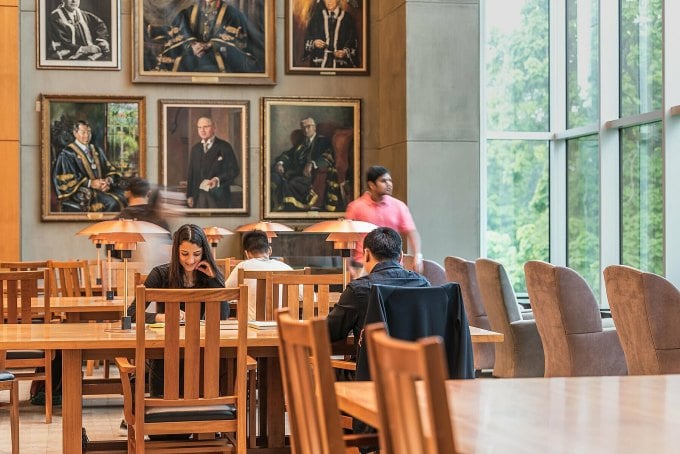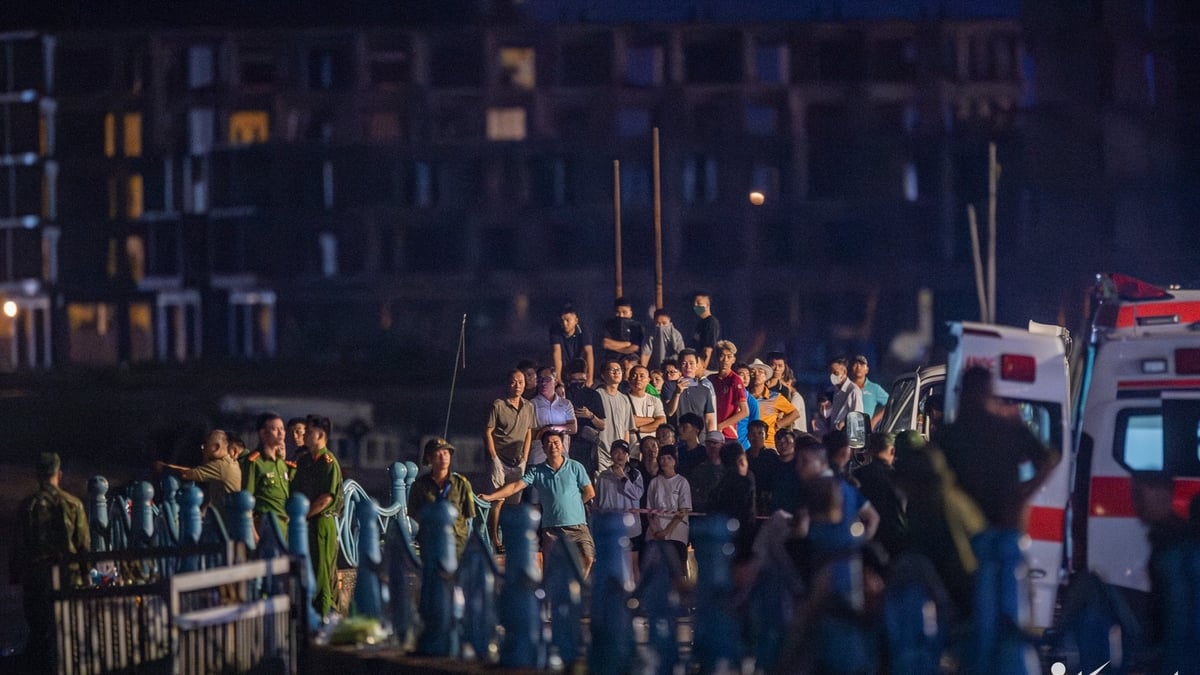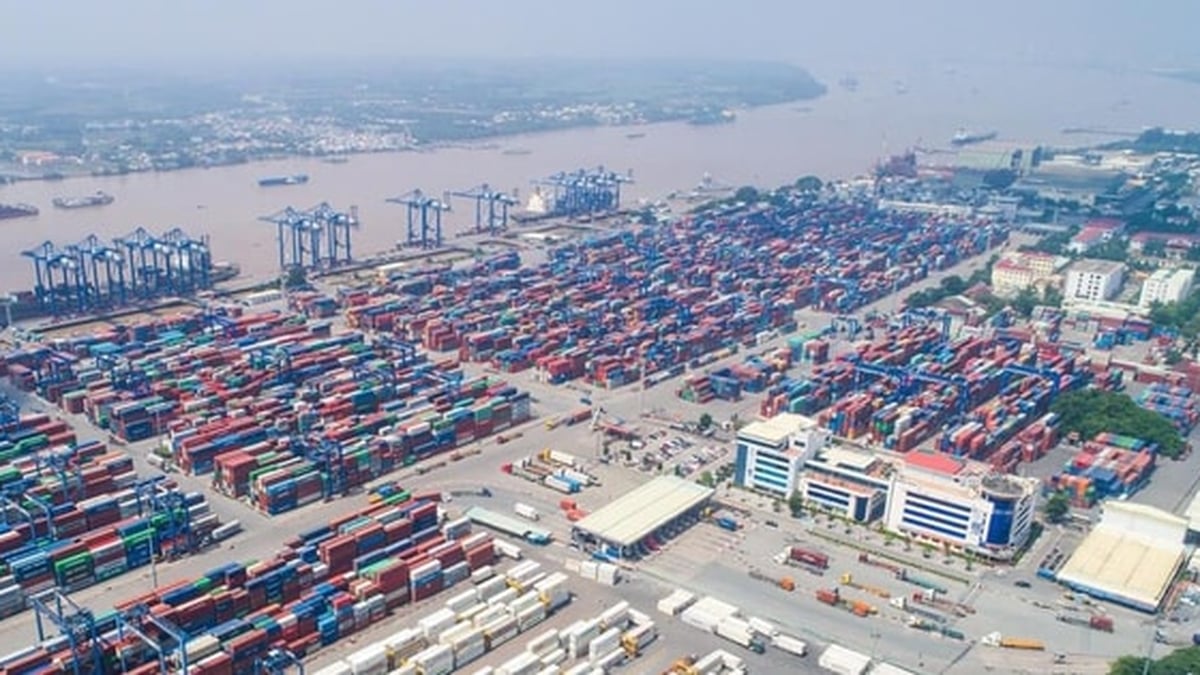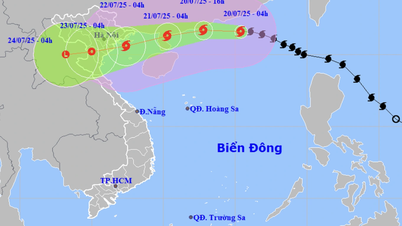Canada closely monitors the issuance of study permits and recommends that schools improve service standards to protect international students from fraud or housing difficulties.
Mr. Marc Miller, Minister of Immigration, Refugees and Citizenship Canada (IRCC) announced this plan on October 27.
First, as of December 1, Canadian designatedlearning institutions (DLIs) will be required to confirm all applicants’ acceptance letters directly with IRCC. This is to ensure that the admissions permit is issued correctly. Previously, the submission of acceptance letters to obtain a study permit from IRCC was handled by intermediary companies.
IRCC is also establishing a system to recognize schools that meet higher standards of services and support for international students from the fall 2024 semester. According to Mr. Miller, the standards could include full access to housing, mental health services... If met, schools will receive many benefits, such as priority processing of admission permits for international students.
Finally, IRCC will make some adjustments to the Post-Graduation Work Permit Program (PGWP) to align with labour market needs, as well as immigration goals.

A popular classroom at the University of British Columbia, Canada. Photo: University of British Columbia Fanpage
The measures come amid a surge in international students coming to Canada, with many of their rights not being protected.
The number of international students coming to Canada has quadrupled in the past 15 years, reaching a record of more than 550,000 last year. International education generates more than C$22 billion ($16 billion) a year in tuition, rent and services spending, more than exports of auto parts, lumber or aircraft.
Currently, students graduating in Canada can apply for a PGWP, which can last from 8 to 36 months, depending on the length of their program. International students who have not graduated and have an off-campus work permit can work unlimited hours until the end of December this year.
Minister Miller said the relative ease of obtaining work permits is what attracts international students to Canada, but is also "riddled" with fraud.
In June, when the agency reviewed more than 100 cases of fake letters of acceptance, it found that about 40% of the letters were used to smuggle people into Canada illegally, while the rest were victims of fraud. Many international students came to Canada to study in 2018-2019, but when they finished their studies and applied for permanent residence, they discovered that their letters of acceptance were fake and were at risk of being deported.
In addition, in a report on September 20, four members of the Canadian Senate said that there is a situation where study abroad consulting centers are directing international students to programs that are not eligible for PGWP. This causes international students to waste a significant amount of time and money.
According to a June report by Statistics Canada, 40% of students with study permits do not have adequate housing. International students also face other problems, such as discrimination by landlords, verbal abuse, high security deposits, overcrowding, and more. Meanwhile, many schools enroll more students than they can serve.
According to IRCC, Vietnam currently ranks 8th in the number of international students in Canada. In Asia alone, the number of Vietnamese students is the 5th largest, after India, China, the Philippines and South Korea. In terms of the number of post-graduation work permits in 2022, Applyboard statistics show that Vietnamese students ranked 6th with 2,714 approved permits.
The cost of studying at the undergraduate level in Canada currently averages around $36,000 a year, including tuition, rent and living expenses.
Huy Quan (According to Government of Canada, CIC News, Applyboard)
Source link



































































































Comment (0)